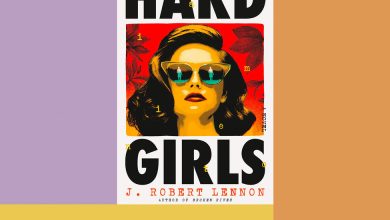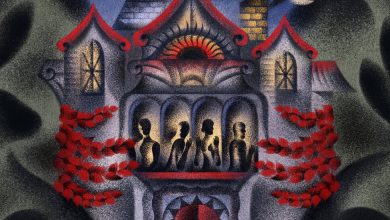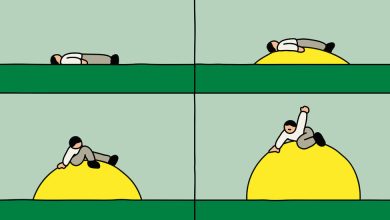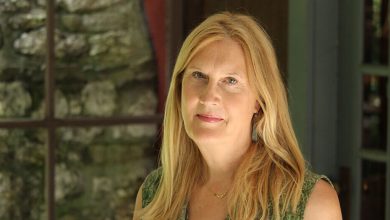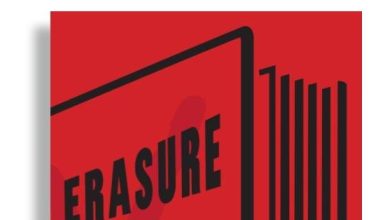Jill McCorkle Is Getting Over Her ‘Henry James Phobia’
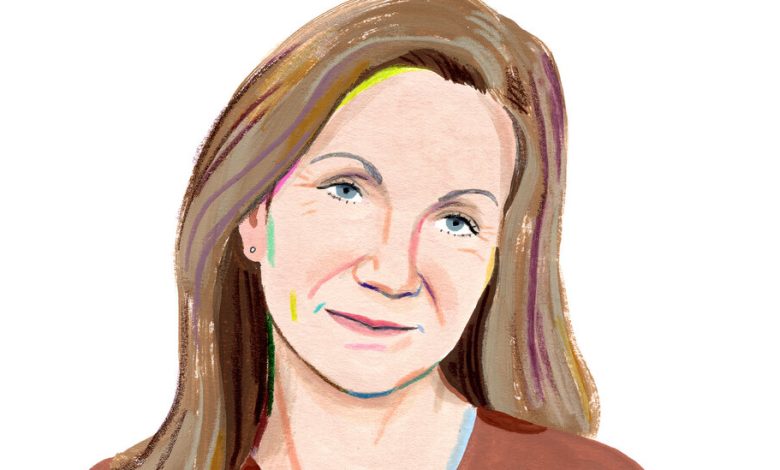
What books are on your night stand?
“The Life and Times of Hannah Crafts: The True Story of the Bondwoman’s Narrative,” by Gregg Hecimovich; “The Consequences,” stories by Manuel Muñoz; Tom Mustill’s “How to Speak Whale”; “Absolute Animal” by Rachel DeWoskin; and “The New Naturals” by Gabriel Bump.
What’s the last great book you read?
Daniel Mason’s amazing “North Woods.” I always admire his writing and the great wealth of historical and scientific knowledge that he brings to the page.
What book might people be surprised to find on your shelves?
“The Twilight Zone Encyclopedia.” I think that Rod Serling was brilliant and his commentary on the state of mankind timeless. He was also a political hero, actively fighting censorship; when TV executives and advertisers denied his use of stories that centered on racism and crimes against humanity, he moved the locale in time and place — the Twilight Zone — without losing his strong moral themes.
Are there any classic novels that you only recently read for the first time?
“The Portrait of a Lady.” I have a real Henry James phobia, although now, I’m a little more confident. I also read Thomas Hardy’s “Far From the Madding Crowd.” What a guy, that Gabriel Oak. Not only was he good-hearted and wise, he was also a man who could get things done.
What kind of reader were you as a child?
Sporadic, because much of my time was spent outdoors. The characters I loved most had four legs (eight for Charlotte) — Big Red, Old Yeller and the hound dogs in “Where the Red Fern Grows,” which I read so many times in sixth grade, I was told I couldn’t check it out any more.
What kind of reader are you now?
My reading life is a lot more structured and I look forward to whatever waits bedside. Last summer — craving a different time and place — I revisited “Jane Eyre,” “Wuthering Heights” and “Rebecca” in a back-to-back swoop. All three were even better, smarter and more suspenseful than I had remembered.
What’s the last book you read that made you laugh?
George Singleton’s “The Curious Lives of Nonprofit Martyrs.” The person who can read his work and not laugh has no pulse.
The last book you read that made you cry?
“A Loss for Words,” Lou Ann Walker’s moving memoir.
The last book you read that made you furious?
Heather Cox Richardson’s “Democracy Awakening.” It would be impossible to read about Jan. 6 and not feel fury.
What’s the most interesting thing you learned from a book recently?
That each dolphin has a signature whistle, like a name, with which they greet one another and can recall years later. They also play games, can do impressions of whale songs and can usually recognize themselves in a mirror. It sounds a little like a high school reunion.
When and how do you know that the germ of an idea will turn into a story, or into a novel?
If it’s a germ I really like, I just assume that it will eventually find a place. I just finished a story that I had a piece of over 20 years ago.
Many characters in the new collection name-check movies, some not very well-known. What role do movies play in your cultural diet?
I love watching movies. As a kid, I was definitely a student of TV University and old movies ran all the time. There was no off-color language or explicit sex scenes, but certainly the complicated adult world came through loud and clear. There was murder, adultery, a whole lot of coveting — all those things on the “thou shalt not” list at Sunday school. When I revisit an old movie, it also brings the memory of the earlier viewing, where I was and what was happening in the world. In my hometown, they didn’t clear the theater between shows so we could go to a movie at 1:00 and watch until supper. My favorite time to go is in the middle of a weekday, and sometimes, I’m the only one there. I would go every day if I could.
What’s the screen adaptation of a book more people should watch?
Hitchcock’s adaptation of Daphne du Maurier’s “Rebecca” — a classic. And “The Heart is a Lonely Hunter” if for no other reason than Alan Arkin’s brilliant performance.
What’s next on your reading list?
Alice McDermott’s “Absolution” and Sigrid Nunez’s “The Vulnerables.”
You’re organizing a literary dinner party. Which three writers, dead or alive, do you invite?
Thornton Wilder and Carson McCullers were such wise observers of society at large, while never losing sight of the significance of an individual’s daily existence. I would also invite Randall Kenan, a friend and neighbor gone too soon, whose own fictional community would fit right into the conversation. He would know every work of music, art or literature mentioned and best of all, I could pull him aside and say: “Can you believe this?” And should Rod Serling show up (and if anyone could figure this out, he could) the door will be wide open.

